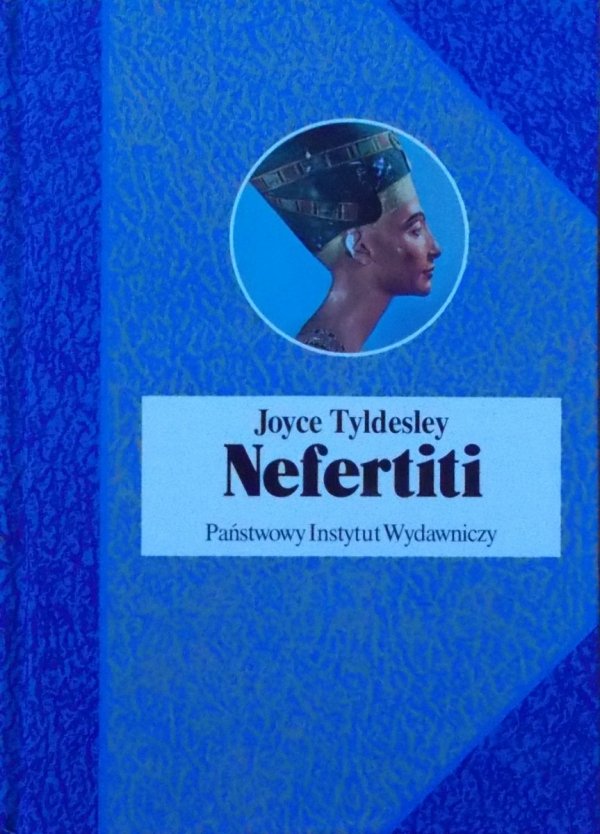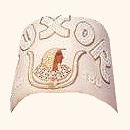
They could own and trade in property, work outside the home, marry foreigners and even live alone without the protection of a male guardian. During the dynastic period (3000 BC - 332 BC), as the Greek historian Herodotus was intrigued to observe, Egyptian women enjoyed a legal, social and sexual independence unrivalled by their Greek or Roman sisters, unrivalled, indeed, by women in Europe until the late nineteenth century. Marriage and motherhood, employment prospects and housework, religion and death are all discussed, while two chapters are devoted to the influential women of the royal harem and the semi-divine king-queens who owned their land and everyone in it. This book considers the daily routine of dynastic Egypt from a female viewpoint, using a combination of historical, archaeological and ethnographic evidence to review those aspects of life most relevent to women.

„Über diesen Titel“ kann sich auf eine andere Ausgabe dieses Titels beziehen.īuchbeschreibung Paperback. She has an engaging eye for incidental detail and draws fascinating parallels and contrasts between the ancient and our modern world. Joyce Tyldesley draws upon archaeological, historical and ethnographical evidence to piece together a vivid picture of daily life in Egypt - marriage and the home, work and play, grooming, religion - all viewed from a female perspective.

Furthermore, women fortunate enough to be members of the royal harem were vastly influential, as were those rare women who rose to rule Egypt as 'female kings'.



 0 kommentar(er)
0 kommentar(er)
